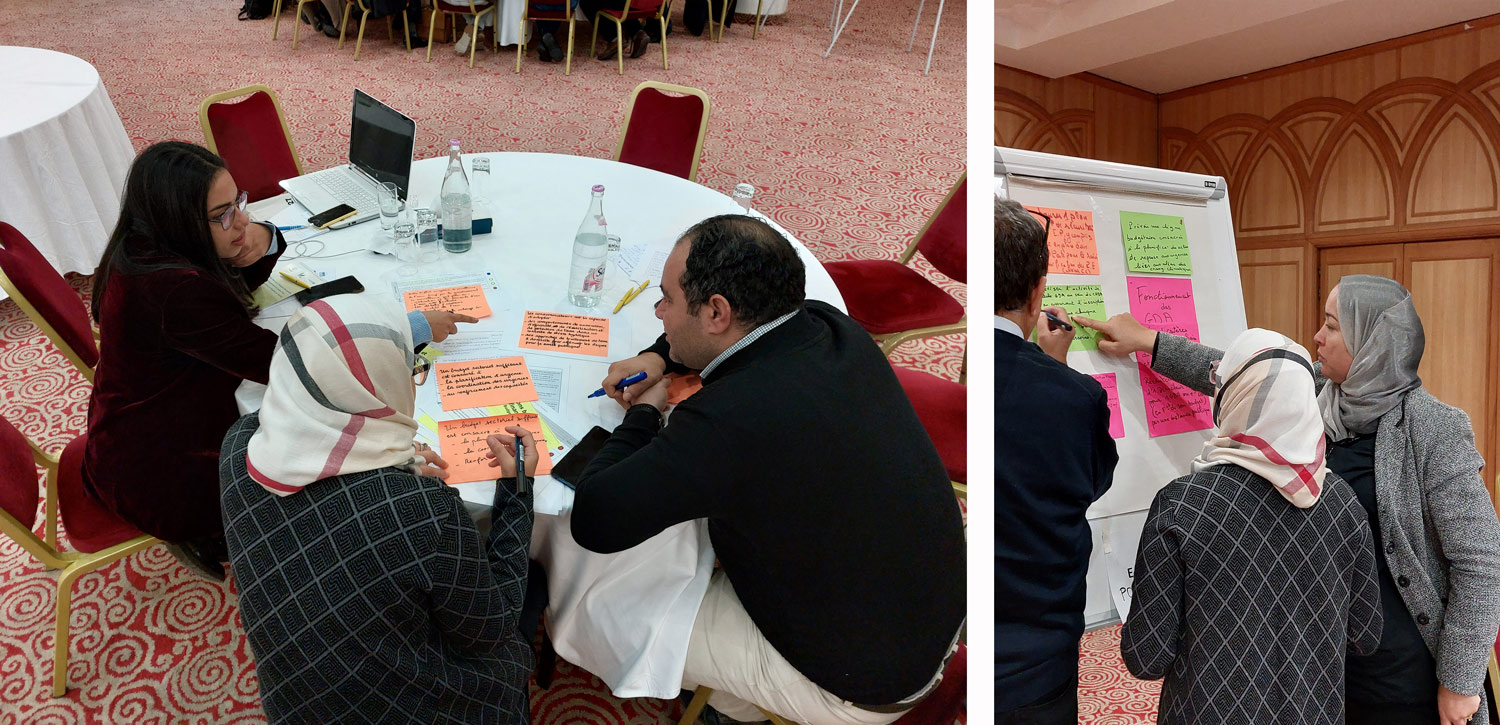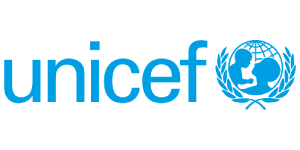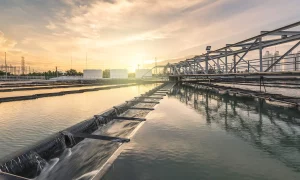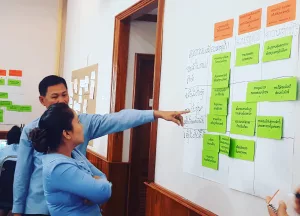SIWI supports a systemic approach to achieve climate resilient WASH services in Tunisia

The in-depth examination of interactions, roles, and responsibilities provided by the WASH BAT offers a system-wide perspective of the WASH sector that proved particularly useful in Tunisia. The process requires that the key actors who influence, or are influenced by, WASH service provision come together to analyse the bottlenecks that constrain progress in the achievement of SDG6 and collectively design solutions. To ensure a truly consultative approach in Tunisia, a series of three regional workshop took place in the weeks prior to the national WASH BAT, which were instrumental for gaining specific knowledge and insights from the regions.
Another important aspect of the systemic approach is to ensure that representatives from ministries, who do not typically contribute to WASH decisions, are invited to the workshop. The WASH BAT meeting in Tunisia was reportedly the first opportunity for representatives from the WASH sector to engage with colleagues from the Ministry of Environment and the Ministry of Education on issues linked to climate risks that deny children and their communities their rights to safe water and sanitation.
The system-wide approach of the WASH BAT also meant that synergies could be actively pursued across sub-sectors to improve the responsiveness of service providers, increase the clarity and robustness of strategies and policies, and improve the enforcement of existing laws and regulations.
Importantly, the Tunisian Action Plan, which came out of the workshop, mobilises several governance functions to create and sustain the climate resilience of communities, infrastructure, services, and ecosystems, particularly for the sanitation sub-sector. Actions identified to address bottlenecks and promote climate resilience included: boosting the financing of climate-related interventions, increasing capacities in this field, and deploying robust policies to strengthen the resilience of services.
Through the application of the Climate Risk Informed WASH BAT, a broad vision was created for a resilient future of the water and sanitation sector in Tunisia. The Action Plan it produced provides a first roadmap, which will be reviewed and validated by decision-makers before it can be put to action.















